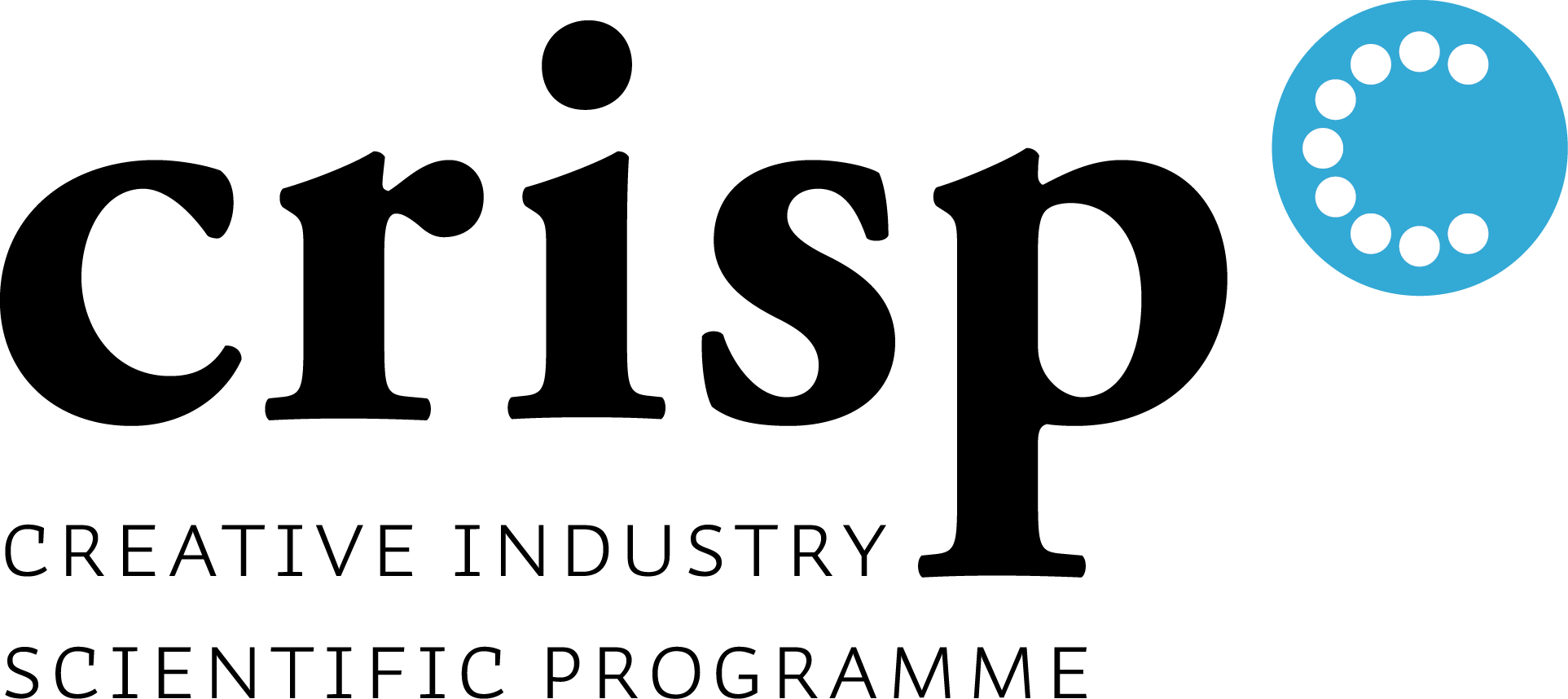
 The School Party
The School Party
Teaching networking through serious games
Deeply established into our culture is the conception that everybody succeeds or fails on the grounds of his individual efforts and capabilities. However, success is equally dependent on our relationships with others than it is on ourselves. In order to be successful, happy and healthy a person should not only focus on his personal capabilities, but also on building up relationships and sharing personal capabilities and contacts. This can be done by networking.
Even though the skill of networking is such a valuable skill to learn, networking is currently not or barely included in the study program of high school students. It would be valuable for high school students to start with networking consciously at an early age, not only because it is an indispensable tool for future success, but also because it can greatly help the high school students in their career orientation and guidance (COG) process.
Be Involved, a young and small company in The Hague, has, in cooperation with StudieID, designed and produced a full COG method for high school students called Yubu. Yubu is an online career choice platform that offers high school students a personal development process consisting of serious games, online assignments and tests. Yubu’s content is divided into five categories, called the 5 pillars of COG, including: motive exploration, quality exploration, profession and study exploration, career planning and networking. These 5 pillars of COG are conceived by Kuijpers and represent the foundation of COG.
This graduation project consists of creating content for the network pillar of the Yubu method. The content will contain a printable serious game, called a challenge, complete with instructions and reflection methods, which teaches and motivates the students (how) to utilize their networks for achieving personal goals.
By utilizing their networks students can achieve goals they cannot achieve on their own. However, most students are not aware of the possibilities networking can offer. In order to achieve goals with the help of their direct and indirect contacts the students have to set up network plans, plans consisting of:
- One or more names of direct or indirect contacts suitable for helping achieve this goal
- A description of the contribution this/these contacts could deliver to achieve to help achieving the goal.
- Substantiation on why these contacts are best suitable for helping with achieving the goal.
In order to design a serious game that teaches and motivates the students to set up network plans for achieving their personal goals an analysis has been conducted on the working principles of serious games, the requirements and design possibilities for integrating the product onto Yubu’s platform, the characteristics of the target group and on the suitable game mechanics for the serious game. This analysis resulted in the requirements and wishes for the product and the design brief of the project, stating:
“Design a serious game, implementable within Yubu’s platform, that motivates fourth to sixth year high school students from all different levels to utilize their networks in order to achieve personal goals and enables them to set up well substantiated network plans for achieving their own personal goals.”
The process of setting up a network plan to achieve a certain goal can be illustrated with a network utilization scheme as shown in the picture. As shown in the network utilization scheme a network plan can be set up in two different orders. The arrows in the scheme indicate the evaluation criteria of the network plan. In order for a network plan to succeed the contacts should be both willing (willingness) and capable (expertise) to offer the described help and the student should be able to achieve the goal using the described help (approach). An iteration process, consisting of designing concepts, evaluating concepts and adjusting concepts, has been conducted starting from the first version of the scheme and ending with the final concept: the School Party.
The School Party is played during a mentor class by all students simultaneously. The class is divided in teams of 4 to 5 students which compete against each other to organize the best school party with the help of their contacts. The challenge is build up in 5 phases. During the first phase each team sets up network plans for each of the four sub-goals needed to have a successful school party. These goals are: Arrange music, a suitable location, guests through advertising and a fourth goal the students can fill in themselves. A filled in network plan contains the name(s) of the direct (and via via) contact whose help is required, a description of the contribution this contact can deliver and an evaluation of the network plan in the form of chances the contacts are willing and capable to help. These chances are determined with the use of personas. The chances determined by choosing a set of personas that best describe willingness and expertise of the contact. Each of the personas is linked to a chance between 1/6 and 6/6.
In the second phase of the challenge the teams ‘call’ eight of their contacts to see whether these contacts are willing and capable to help. This is simulated by throwing dice. Whenever each dice throw is lower or similar to each of the corresponding chances the contact will contribute to their school party. In the third phase each team presents their organized school party and the students vote on which one of the parties other than their own they would buy a ticket for. The team with the most votes wins the game. After the game has been played the students classically reflect on the challenge by answering questions about their game experience and how the learned method of setting up network plans can be used for their personal goals. After the class the students set up a network plan for a personal goal, using an online reflection form. The challenge has been tested on two classes of the Luzac College. Based on this evaluation recommendations have been set up for future development of ‘the School Party’.
Laurens Mensink
laurens.mensink@gmail.com
LinkedIn
Visch, V.T. , Vegt, N.J.H.
master thesis December 2015


